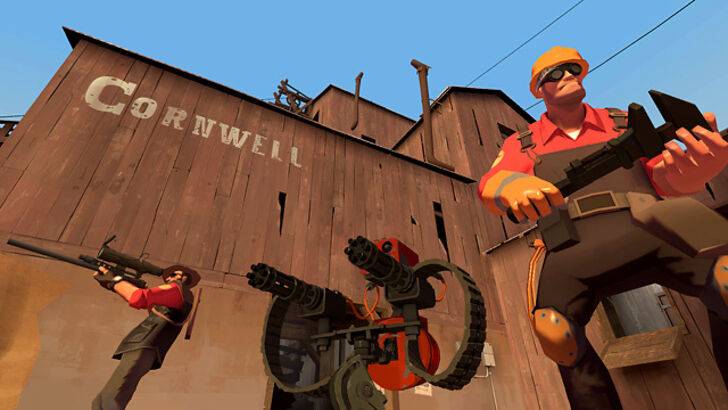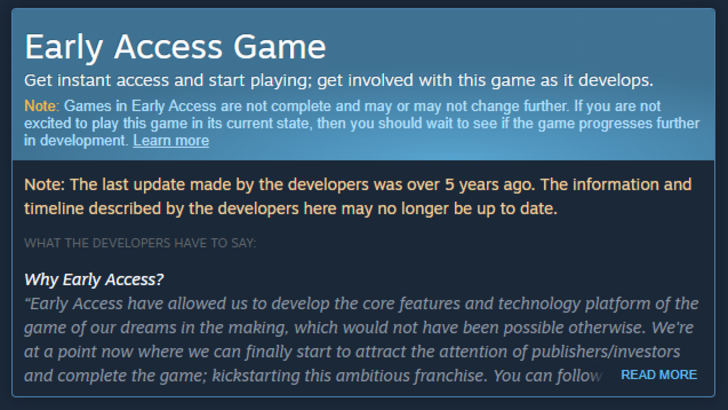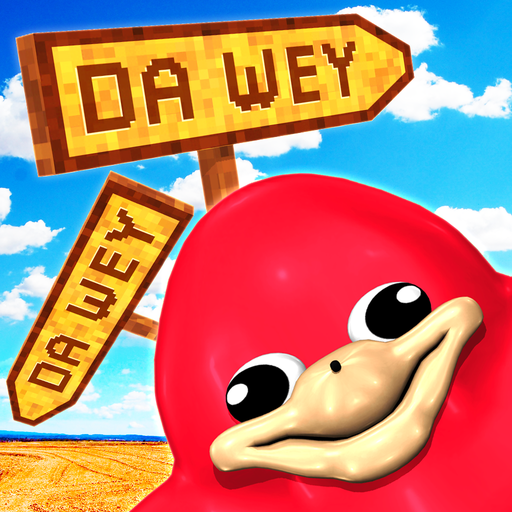
Valve has clarified its stance on in-game advertising, creating a dedicated policy page outlining its prohibition of games forcing players to watch ads. This article details the new rules and their implications for players and developers.
Valve's New Policy on Forced In-Game Advertising
Crackdown on Forced Ads

Valve has formalized a pre-existing policy, now prominently featured on a dedicated page, banning games that require players to watch or interact with ads for gameplay or rewards. This practice, common in free-to-play mobile games, often involves unskippable ads between levels or ad-based reward systems.
While the policy has been part of Steamworks' terms for five years, its recent spotlighting coincides with a surge in Steam game releases. SteamDB data shows a significant increase in game launches, with 2024 alone seeing over 18,942 new titles. This growth likely prompted Valve to reinforce its advertising guidelines.

Steam's ad-free environment dictates its rejection of advertisement-based game monetization models. Developers seeking Steam distribution must remove such elements or restructure their games as paid, single-purchase titles. Alternatively, a free-to-play model with optional microtransactions or DLC is acceptable. Good Pizza, Great Pizza, a successful mobile-to-Steam port, exemplifies this approach, converting in-app purchases into paid DLC.
Permissible Advertising: Product Placement and Cross-Promotions
Importantly, the policy distinguishes between disruptive ads and acceptable forms of advertising. Product placement and cross-promotions, such as bundles and sales, are permitted, provided all necessary licensing is in place. Examples include racing games featuring real-world sponsor logos or skateboarding games showcasing authentic brands.
This policy aims to elevate the quality of PC gaming experiences by eliminating intrusive ads and enhancing player immersion. Steam users can expect a consistently ad-free gaming environment.
Abandoned Early Access Games Flagged

Steam has implemented a new feature to alert users about neglected Early Access games. Titles lacking updates for over a year now display a message on their store pages, indicating the time since their last update and acknowledging potential discrepancies between developer timelines and current status.
Given the substantial number of Early Access games on Steam, this feature helps users identify potentially abandoned projects. While negative reviews often serve this purpose, the prominent warning message provides a clearer, more immediate signal.
Positive community reaction on social media and Steam forums highlights the welcome nature of this addition. Some users suggest that games stagnant for extended periods (five years or more) should be delisted entirely.









